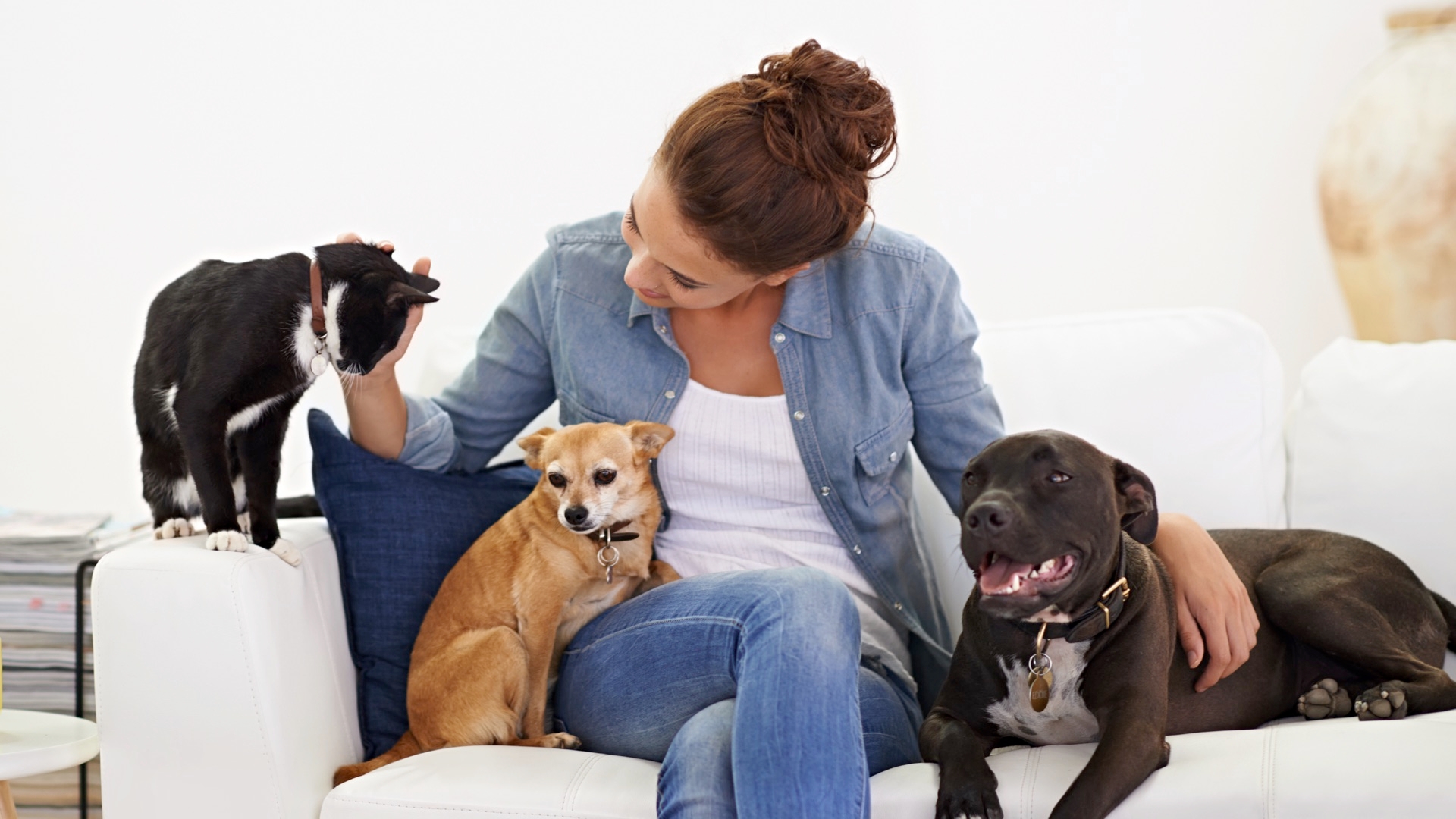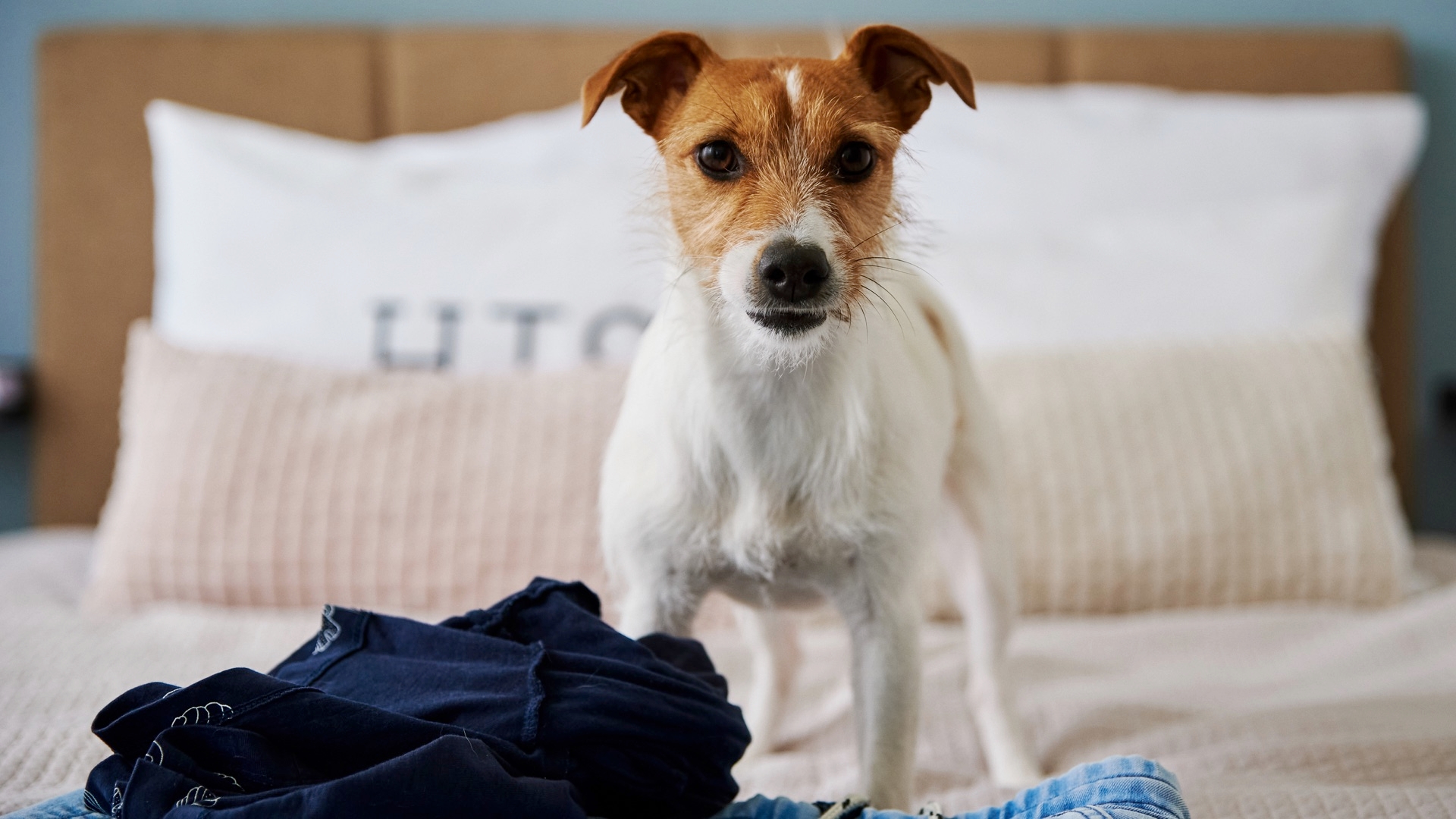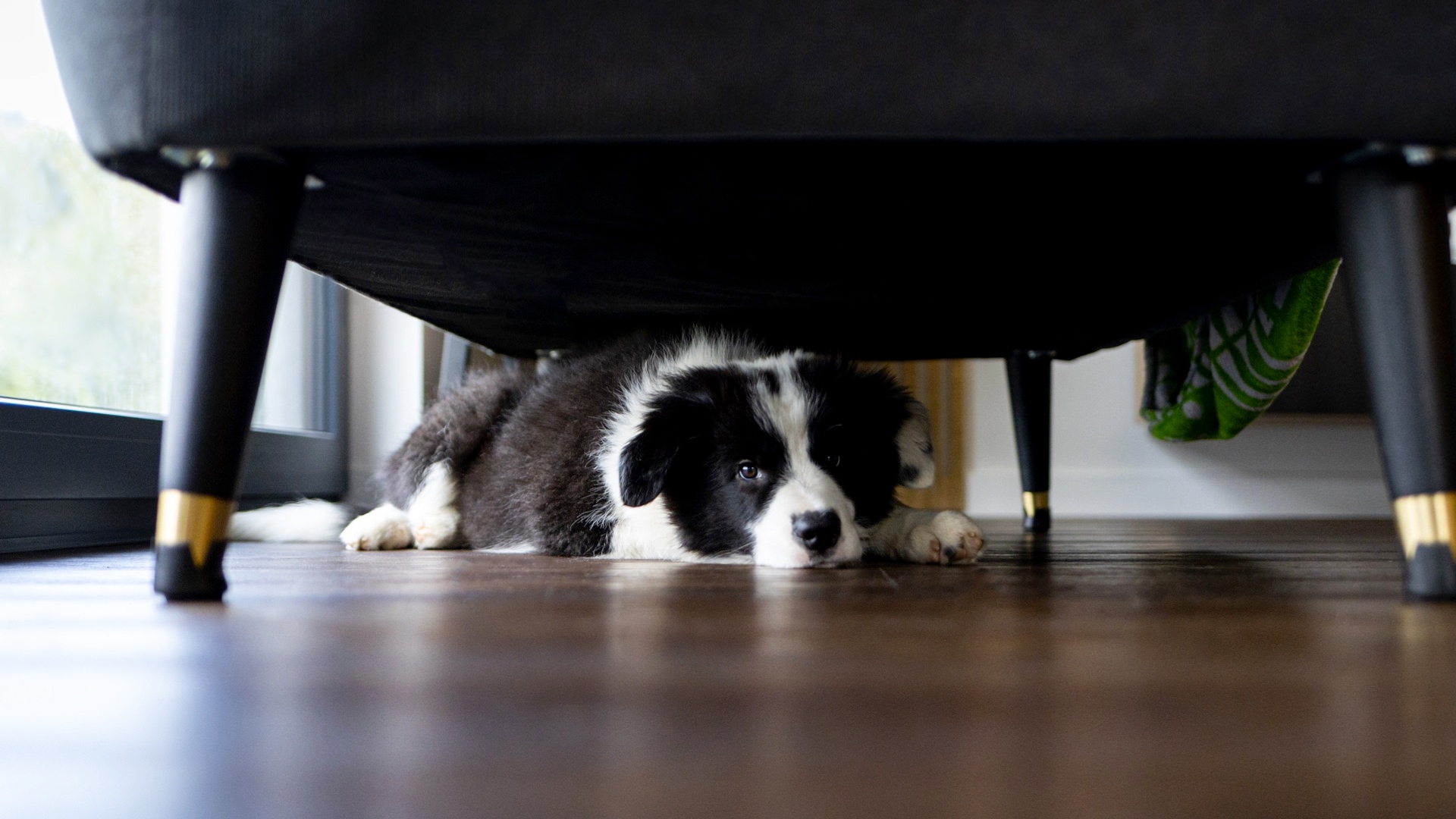Pets:
The tag "pets" relates to: cat, dog, dog training, health, pet adoption, pet health, pet training, responsible pet ownership, tips, and training. For more tags, view our complete tag index.
The following blog entries have been tagged "pets".
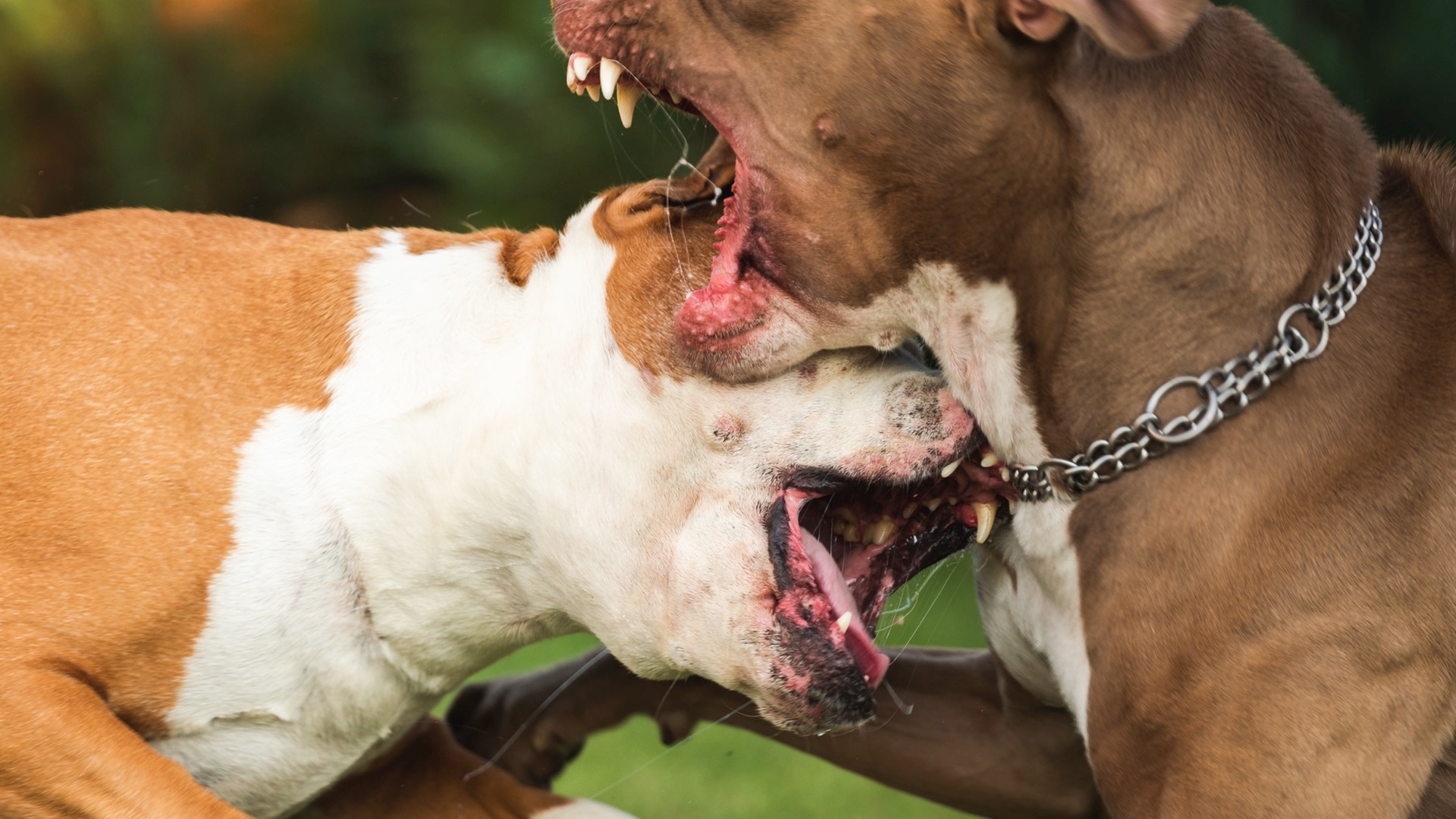
Actions such as "alpha rolls" and "scruff shakes" have no basis when studying wolf or dog behavior. They only lead to creating unnecessary fear on our dog's part toward us, fear that ultimately can lead to aggression because the frightened dog knows of no other way to protect itself other than using its teeth.
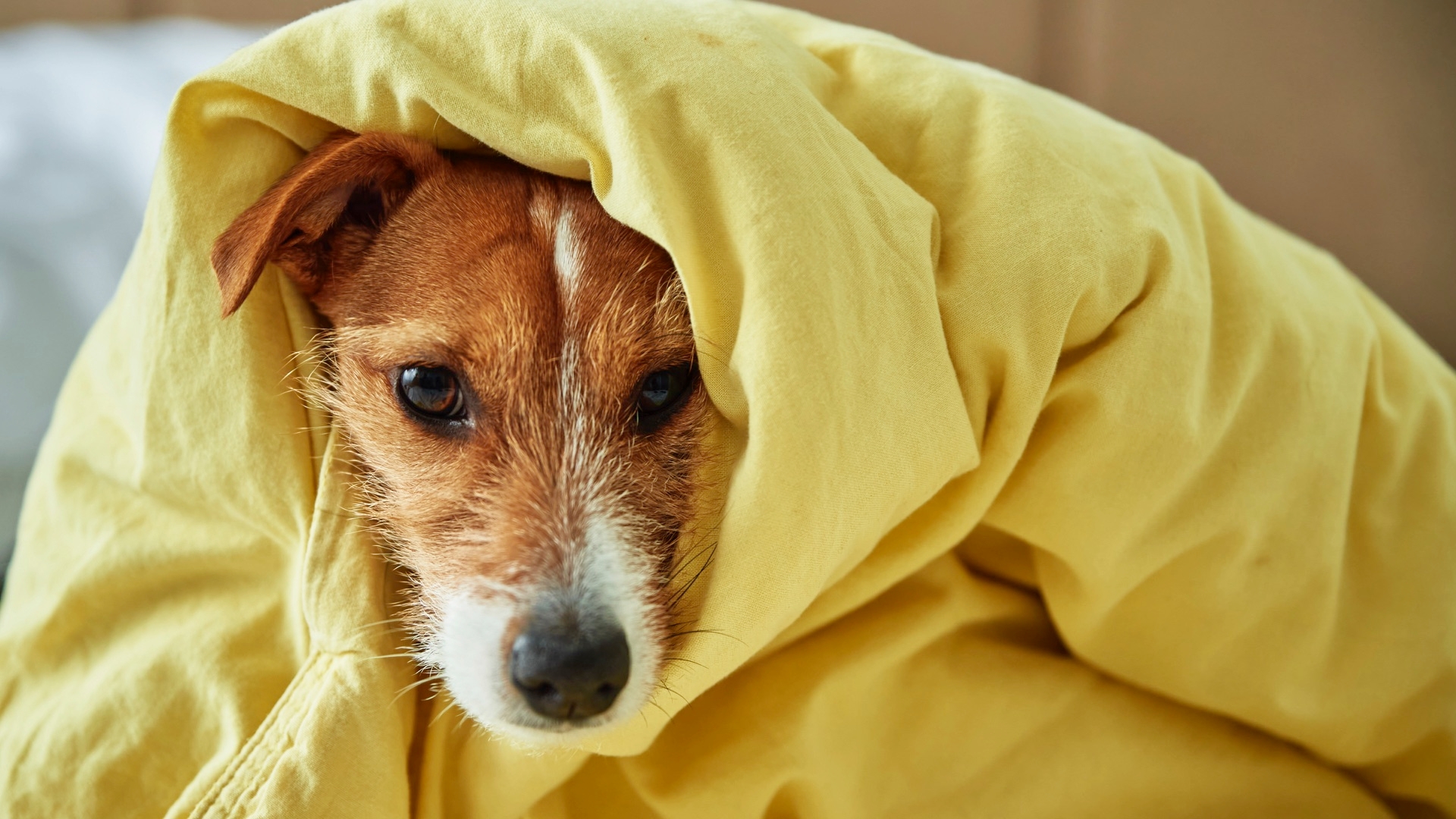
Heartworm disease is not contagious, meaning that a dog cannot catch the disease from being near an infected dog. Heartworm disease is only spread through the bite of a mosquito. When the infected mosquito bites another dog, the mosquito spreads the infective larvae to the dog through the bite wound. In the newly infected dog, it takes about 6 to 7 months for the infective larvae to mature into adult heartworms.
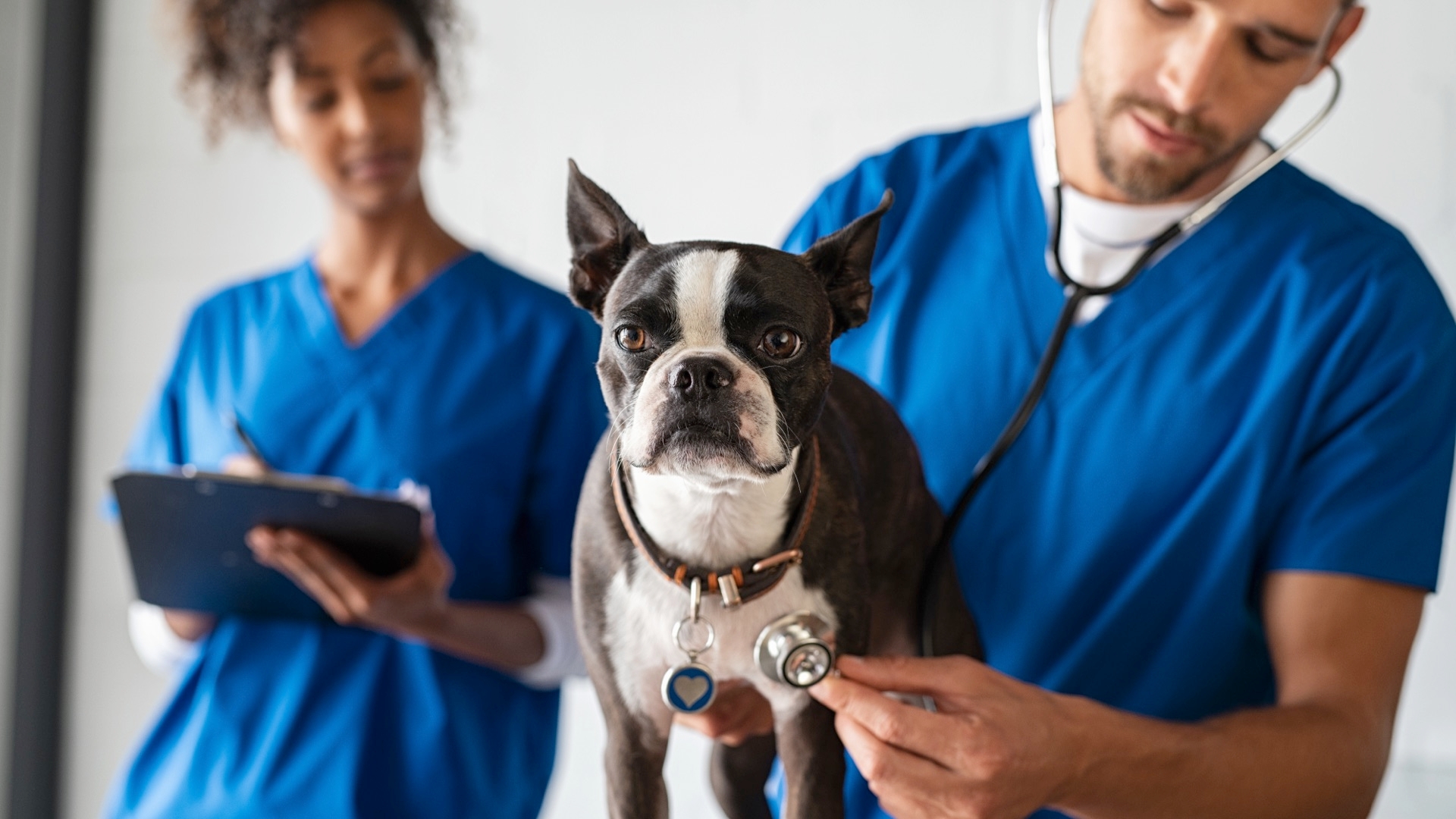
There is no evidence to suggest that pets are significant contributors to COVID-19 transmission. The risk of a pet transmitting the virus to their caregiver is considered very low. However you should make plans for your pets in case you get COVID-19 and can no longer take care of them. This is especially important if you are not vaccinated against COVID-19.
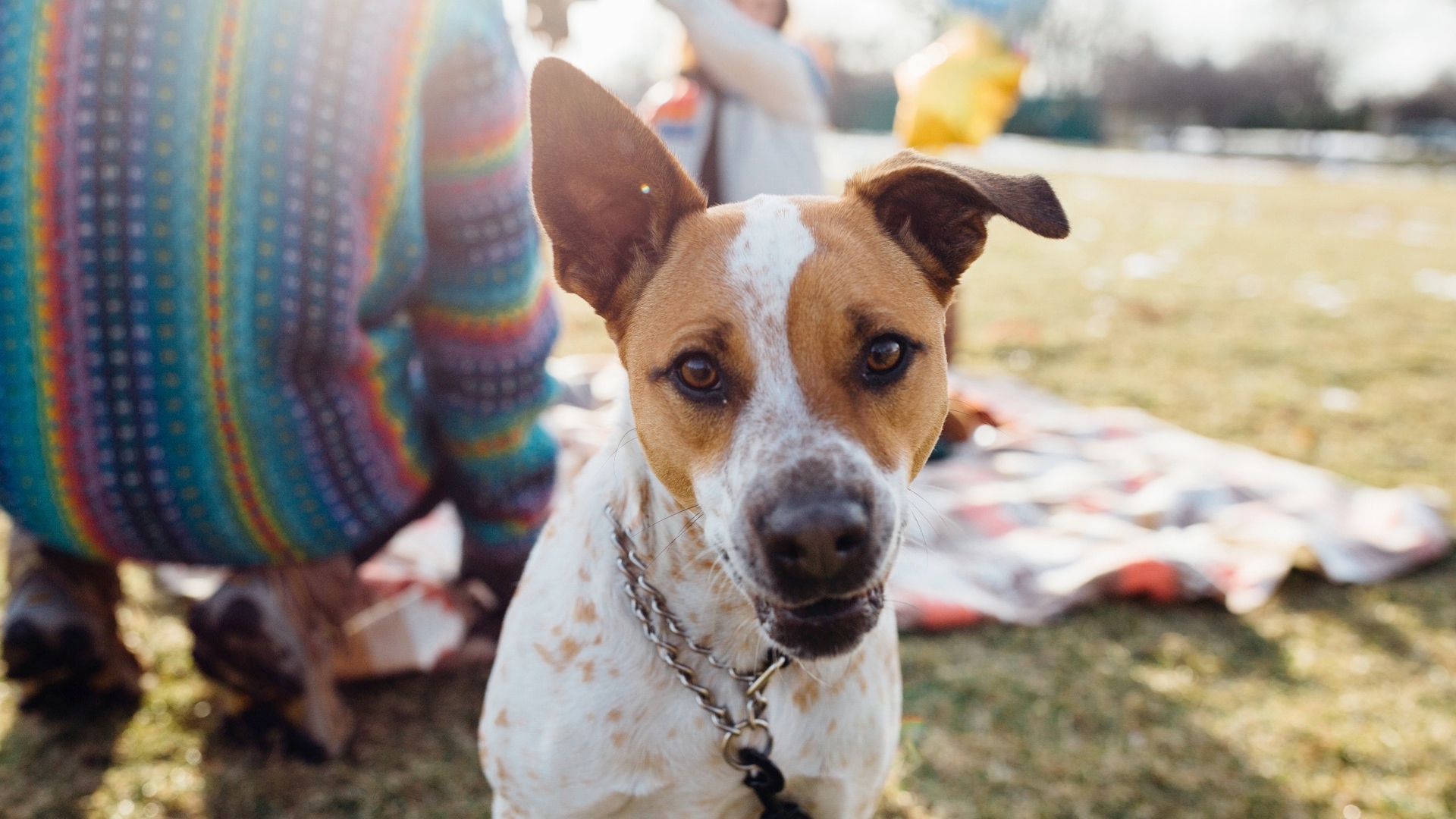
What does your dog expect from you? Most dogs need and want a leader. Dogs are social animals and like being part of a group, but every group must have a leader to prevent chaos. For your dog to feel relaxed, he needs to know that someone is in charge. If you don't take on the role of leader, your dog may feel that he has to fill the position.
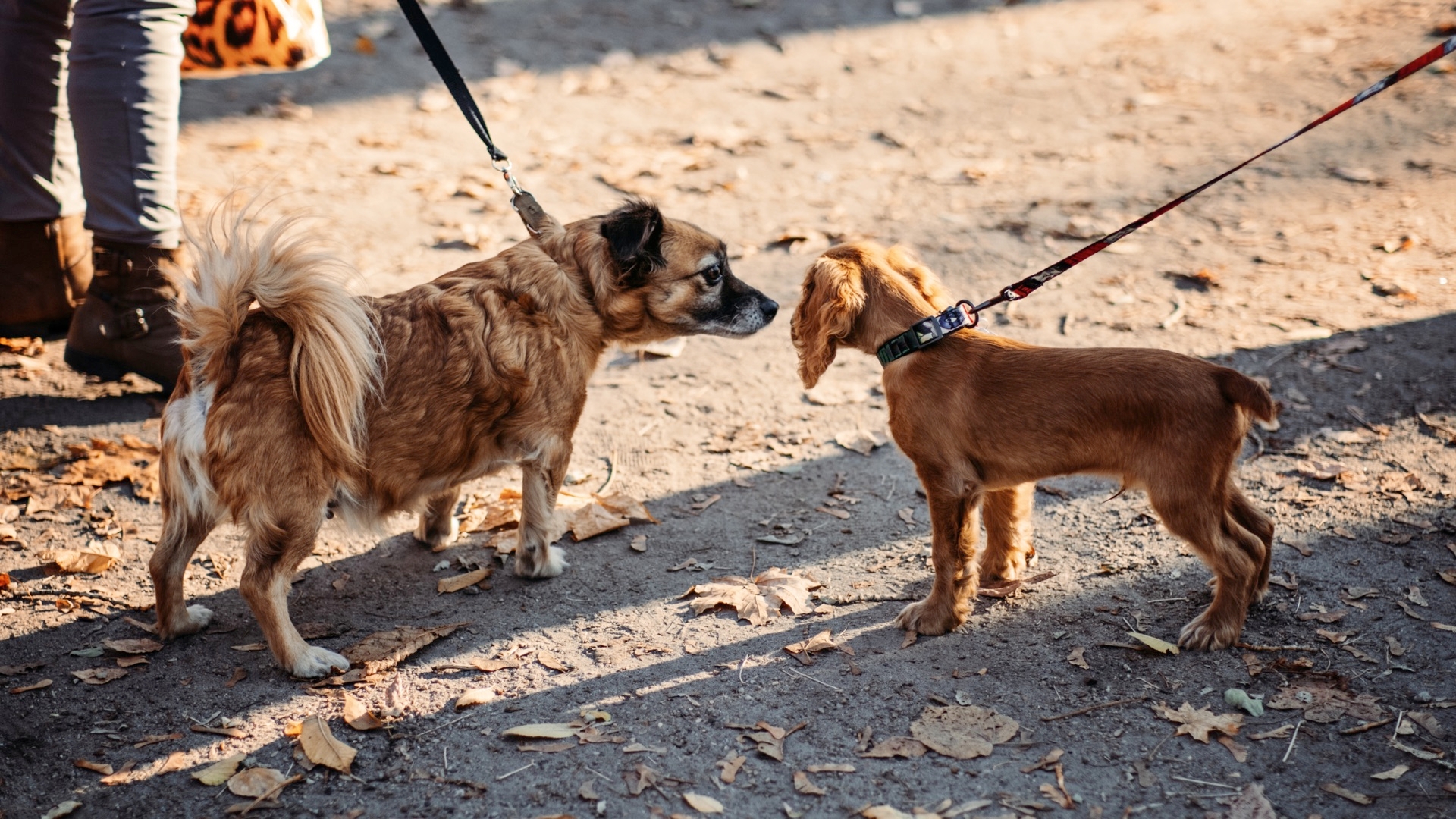
If you have a dog and a new one will be entering or visiting your home, there are things you can do to ensure that the meeting goes off without a hitch. A new dog can mean you are bringing home a foster or a new family member, someone who has a dog is moving into your house, or someone is visiting with a dog.
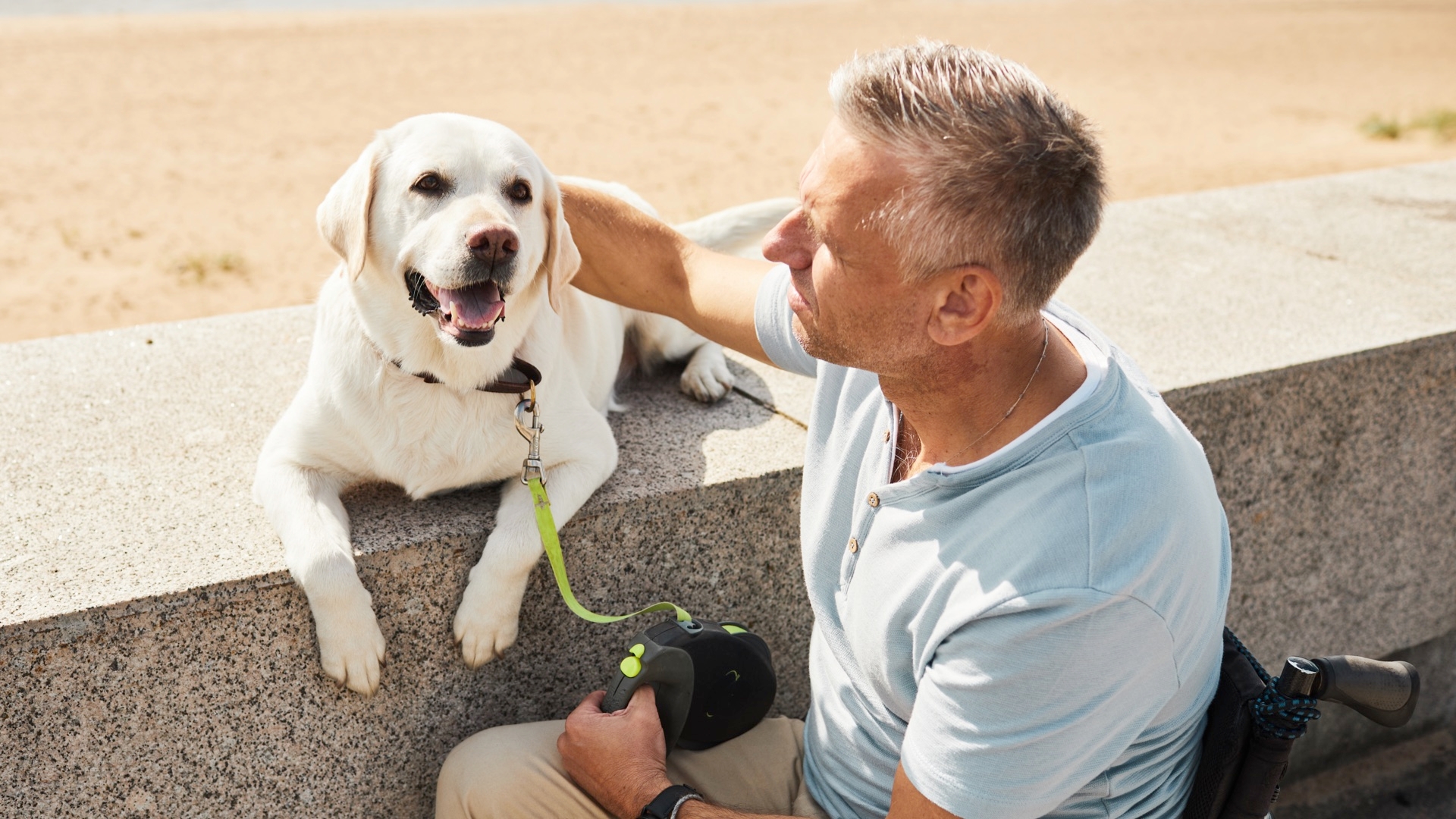
People with weakened immune systems are more likely than other people to get certain diseases, including those that animals can carry. A weakened immune system can be caused by a genetic condition, an illness such as HIV/AIDS, cancer, or kidney disease; or a treatment such as an organ transplant or radiation therapy. In addition, some medicines can weaken the immune system, including steroids, cancer chemotherapy, and drugs used to treat autoimmune diseases like rheumatoid arthritis or psoriasis.
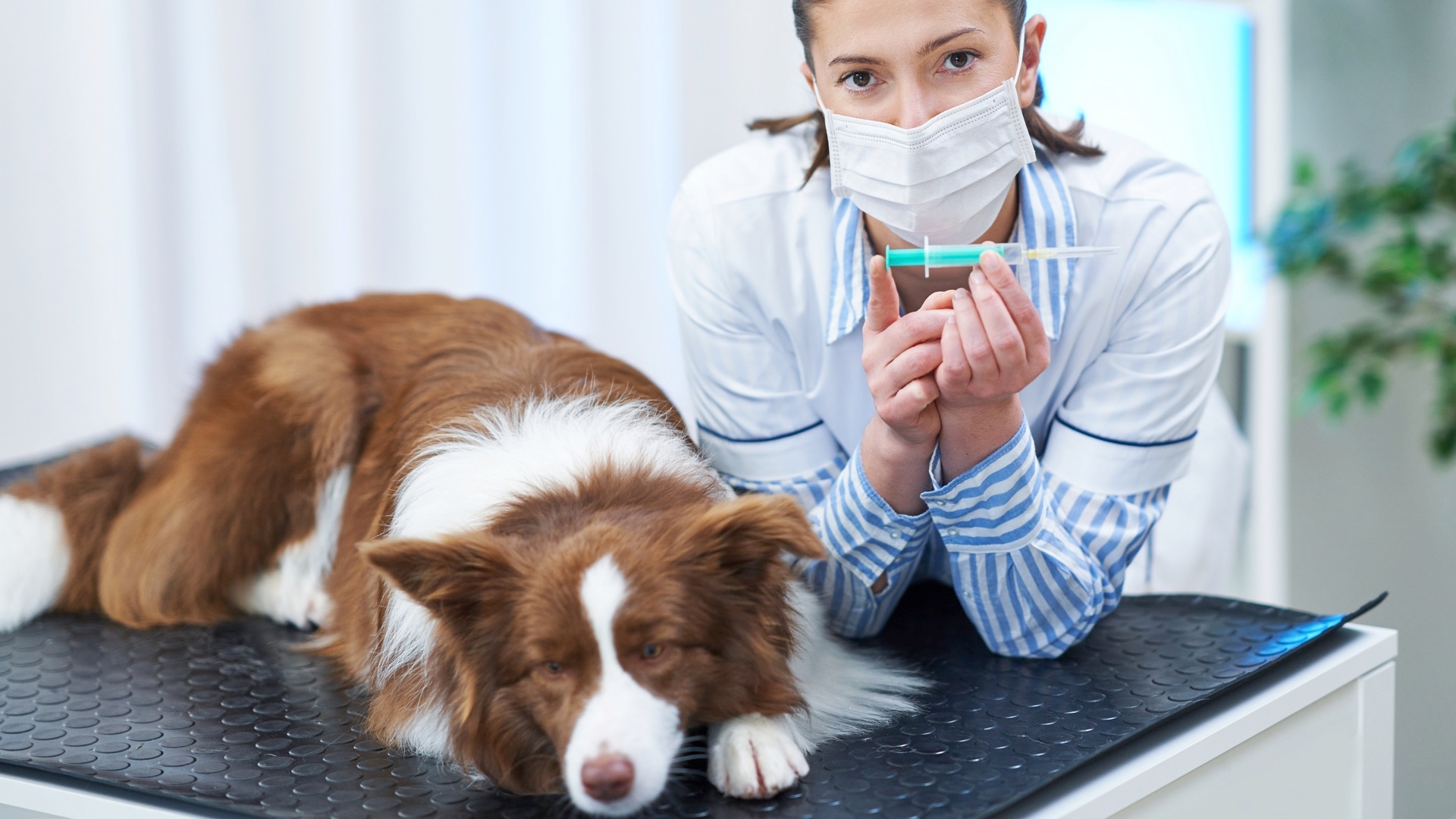
Vaccines help prevent many illnesses that affect pets. Vaccinating your pet has long been considered one of the easiest ways to help him live a long, healthy life. Not only are there different vaccines for different diseases, there are different types and combinations of vaccines. Vaccination is a procedure that has risks and benefits that must be weighed for every pet relative to his lifestyle and health. Your veterinarian can determine a vaccination regime that will provide the safest and best protection for your individual animal.
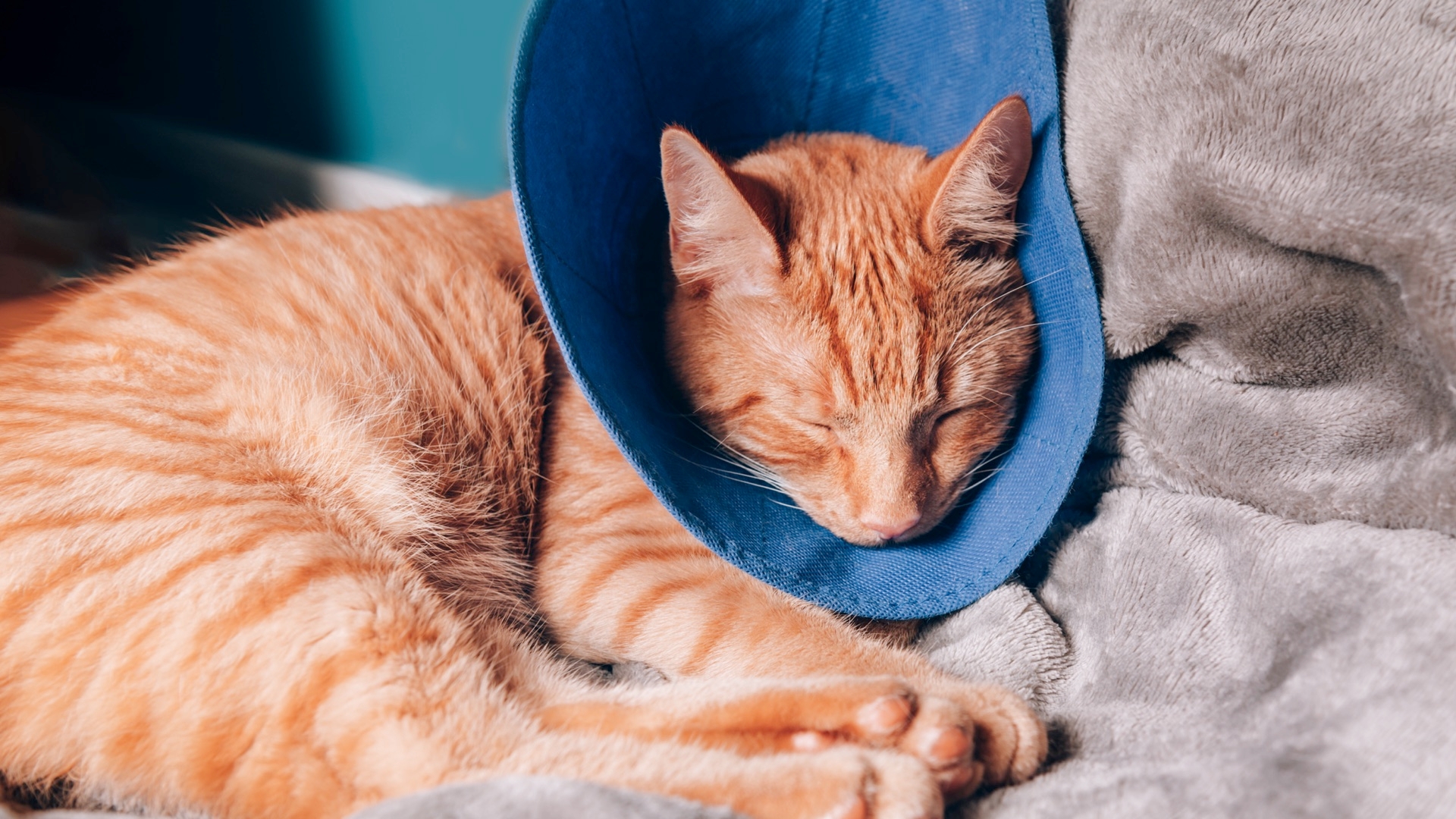
Since neutering requires surgery, it is emotionally traumatic. Handled properly, your cat will recover quickly. Let us first dispel the myths surrounding the neutering of cats. Cats do not get fat and lazy after being neutered. They get that way because of overeating and lack of exercise. Cats do not become more satisfactory pets after they have had sexual intercourse, had their first heat, or given birth to a litter of kittens.
